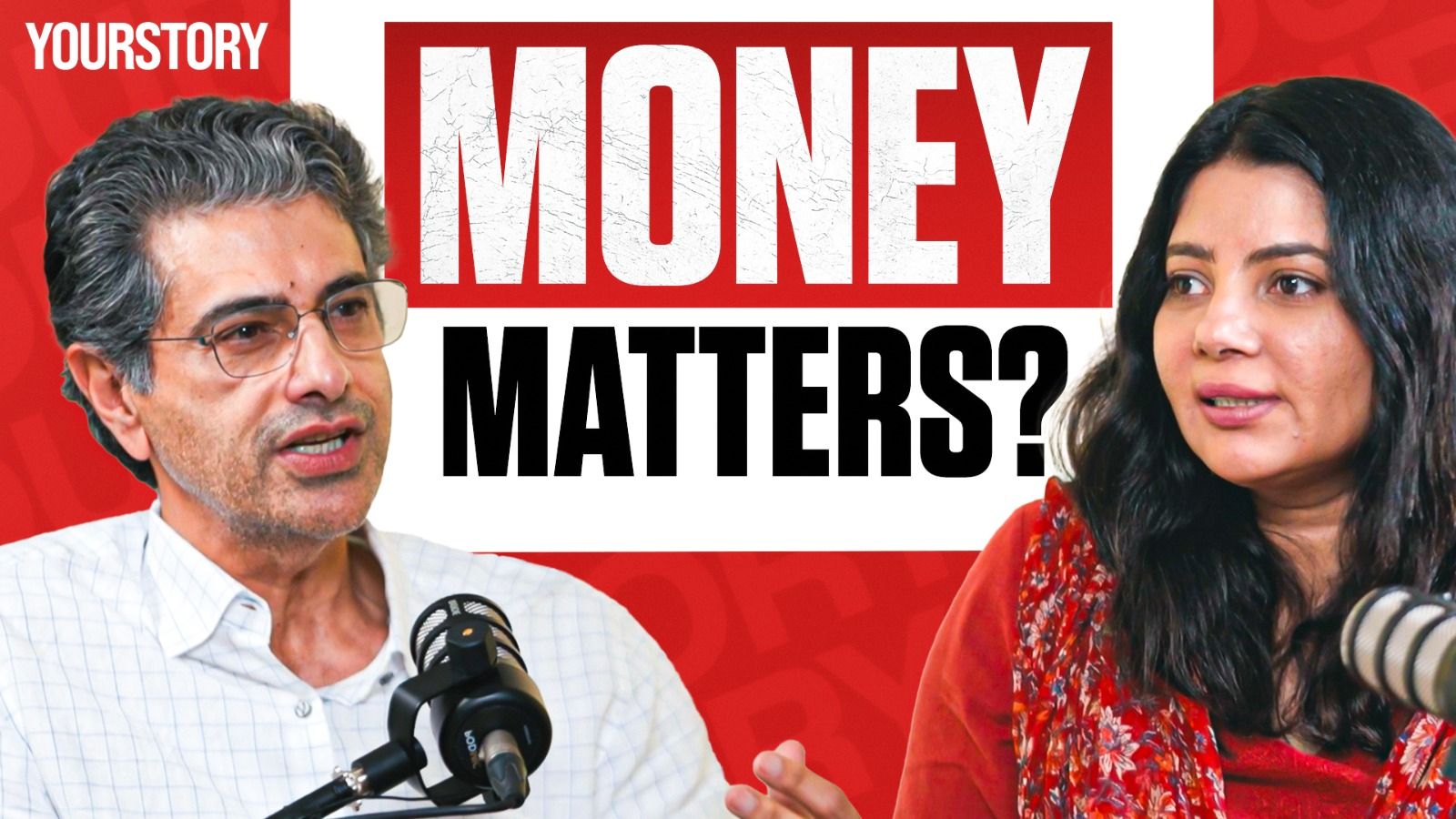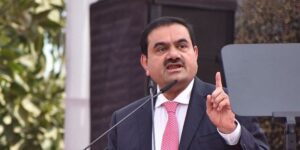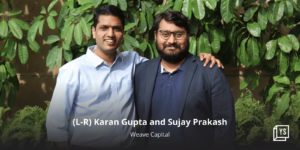One might expect a memoir from SoftBank’s former President and CFO to be a self-congratulatory chronicle of billion-dollar deals. Instead, Alok Sama’s The Money Trap: The Grand Fortunes and Lost Illusions Inside the Tech Bubble reads as a meditation on wealth’s peculiar gravitational pull.
Sama, who orchestrated some of Masayoshi Son’s most ambitious deals at SoftBank—including the $32-billion acquisition of Arm Holdings and the $59-billion Sprint-T-Mobile merger—now finds himself contemplating what lies beyond the balance sheets. “There’s a period in your life when it’s all about accumulating wealth,” he says, “but at some stage, you’re supposed to go beyond that. That’s what I mean by the money trap.”
The Delhi-born mathematician—a gold medalist from St. Stephen’s College who proceeded to do an MBA from Wharton—knows this terrain intimately. His narrative weaves together the material and the philosophical, an atheist’s surprising engagement with Vedic philosophy’s life stages, beginning with Brahmachari, or studenthood. At 58, he returned to this first stage, pursuing creative writing at New York University.
From his current vantage point, even the trappings of extreme wealth reveal themselves as waypoints rather than destinations.
His charted aircraft Gulfstream G550, he notes, sits in the shadow of his former boss’s G650. “Writing openly about luxury was a conscious choice,” he tells YourStory‘s Founder and CEO Shradha Sharma. “Writing in a private plane, for example, is very cool; I feel like a rock star… a movie star. But the point I’m trying to make is, as great as this experience is, this plane is a hand-me-down from my boss…” This perpetual comparison, he observes, is “a recipe for unhappiness.”
The veteran Morgan Stanley banker’s journey to these insights wasn’t linear. After joining Son’s SoftBank in September 2014, he spent five years at the pinnacle of global finance, spearheading some of the industry’s largest deals. As President and CFO of SoftBank Group International, he helped shape the modern technology landscape. Yet throughout, he maintained what he describes as his Indian middle-class ethos.
In the conversation, Sama elaborates on his philosophical framework, drawing from Hindu scripture despite his atheist stance. He describes the traditional life stages, where one moves from student to householder, accumulating wealth and fulfilling familial duties. “But at some stage,” says Sama, “you’re supposed to go beyond that, and I find this idea of going beyond that—fairly embedded in our philosophy—kind of being lost completely.”
Yet, the most affecting moments of the conversation with Shradha Sharma emerge not from his critique of capitalism but from personal reflection. “I could have just called my mother more often,” admits Sama, whose LinkedIn profile now leads with ‘Writer’ ahead of his other roles. “She’s not around anymore, and it’s these little things you lose sight of.” It’s a stark reminder from someone who has reached finance’s summit that the view from the top isn’t always what we imagine.
Sama released his memoir in September 2024.
“It gets very cosy and is difficult to walk away from,” he says of wealth’s embrace. The trap, Sama suggests, lies not in the pursuit of prosperity but in mistaking it for life’s ultimate purpose. As co-founder of Baer Capital Partners and now Senior Advisor to Warburg Pincus LLC, he speaks from experience about both the allure and the limitations of financial success.
“Life is an unending chase of finding something better,” Sama observes, but his memoir suggests that true wealth might lie in knowing when to stop running. In an industry that measures success in billions, his most valuable insight might be recognising what money can’t buy.









